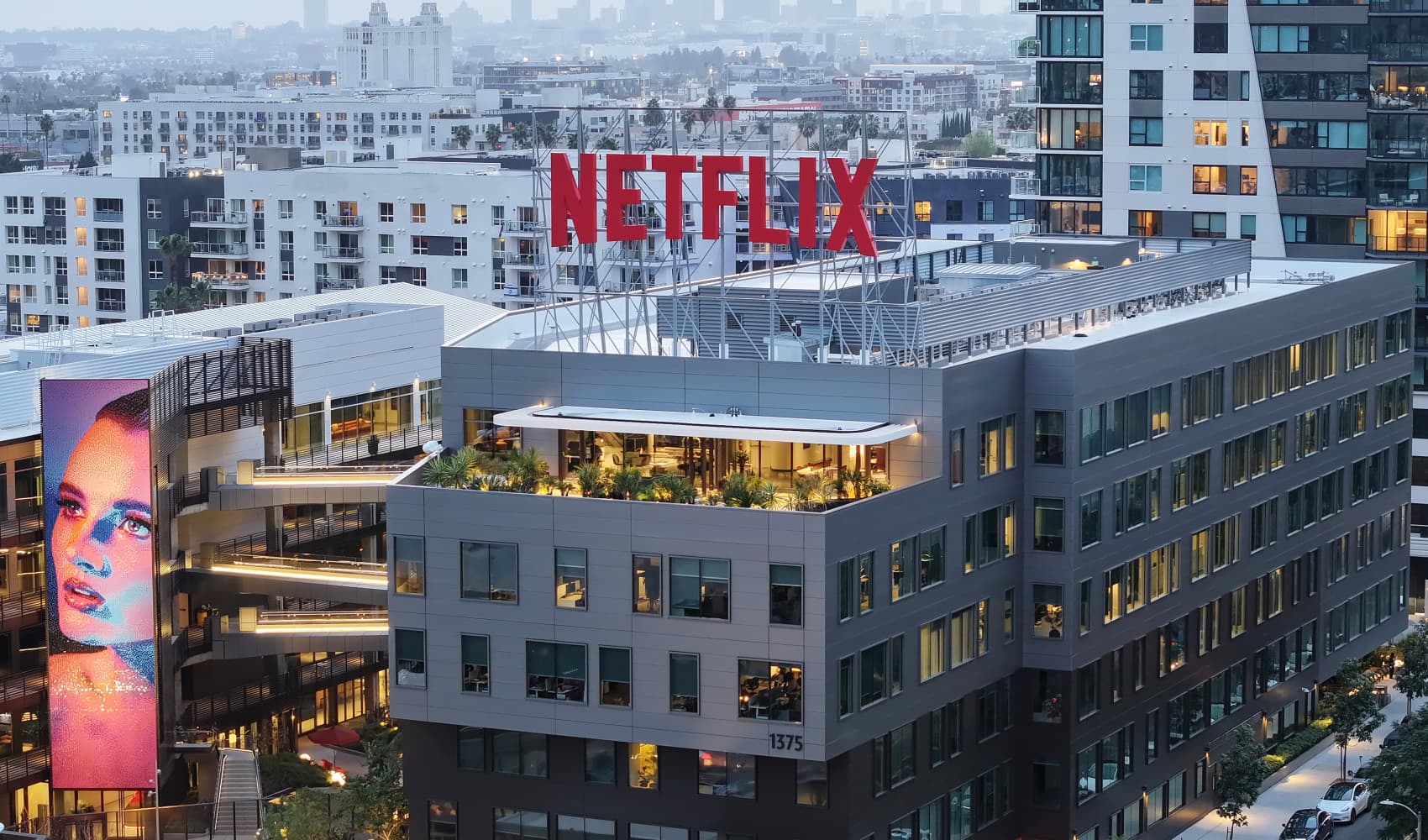
- Despite widespread vaccine availability, many workers would like to keep working from home, at least part of the time.
- Many employers, however, are likely to revert back to pre-pandemic work arrangements.

As Covid vaccinations gain steam, so are plans to return to the office — despite how some workers feel about it.
"We were told we would start going back to the office in June," said Melissa Gill, 29, "and I am just not ready."
Get Boston local news, weather forecasts, lifestyle and entertainment stories to your inbox. Sign up for NBC Boston’s newsletters.
Gill, who books athletic travel for a college in San Diego, says she prefers working remotely, especially because it gives her more time with her two dogs and her husband while he is home between military deployments.
More from Personal Finance:
Free with Covid vaccine: Krispy Kreme and more
Here's what workers miss the most about office life
When will you be able to get vaccinated at work?
Since they don't have children, she would not qualify for an exception from her employer, Gill said. But she is happier without the daily 45-minute commute into town, which gives her time to take walks around the neighborhood and be more present at home with her husband, who has been on active duty.
Money Report
"It's going to be really hard to adjust going back to the office," she said.
After a year of working from home, most workers feel the same way. Vaccinated or not, more than half of employees said that, given the option, they would want to keep working from home even after the Covid crisis subsides, according to a survey by the Pew Research Center. Far fewer look forward to returning to the office full time.

Some have even relocated due to the pandemic, moving away from metro areas in search of more space and value, which would now make commuting more difficult.
And yet, in a survey of more than 350 CEOs and human resources and finance leaders, 70% said they plan to have employees back in the office by the fall of this year — if not sooner — according to a report by staffing firm LaSalle Network.
Of the companies that are now planning for office re-entry, managing employees who want to continue working remotely is a top concern, LaSalle Network found.
Other obstacles included addressing fears about commuting to work and reacclimating to the office environment, as well as potential conflicts between executives and staff over return-to-work policies.
"In as much as companies are moving to establish guidelines, there's not much evidence about what the right approach would be," said Dan Wang, an associate professor at Columbia Business School.
"It's going to be chaotic over the next six months," he said. "It would not surprise me to see wholesale reversals of policies — companies that were all aboard the work-from-home bandwagon jump off."
Even within the same industry there will be different approaches to return-to-work plans, Wang said, which also gives employees more opportunities to find a job that fits their preferred lifestyle.
The majority, or 58%, of employees said they would look for a new position if they weren't allowed to continue working remotely in their current position, according to a recent report by FlexJobs, which surveyed more than 2,100 people who worked remotely during the pandemic.
Ultimately, however, "nothing will change," said Peter Cappelli, director of the Center for Human Resources at the University of Pennsylvania's Wharton School. "Employers have virtually unlimited power," he said.
"A year from now, will things look much different than they did before the pandemic? I don't think so."






